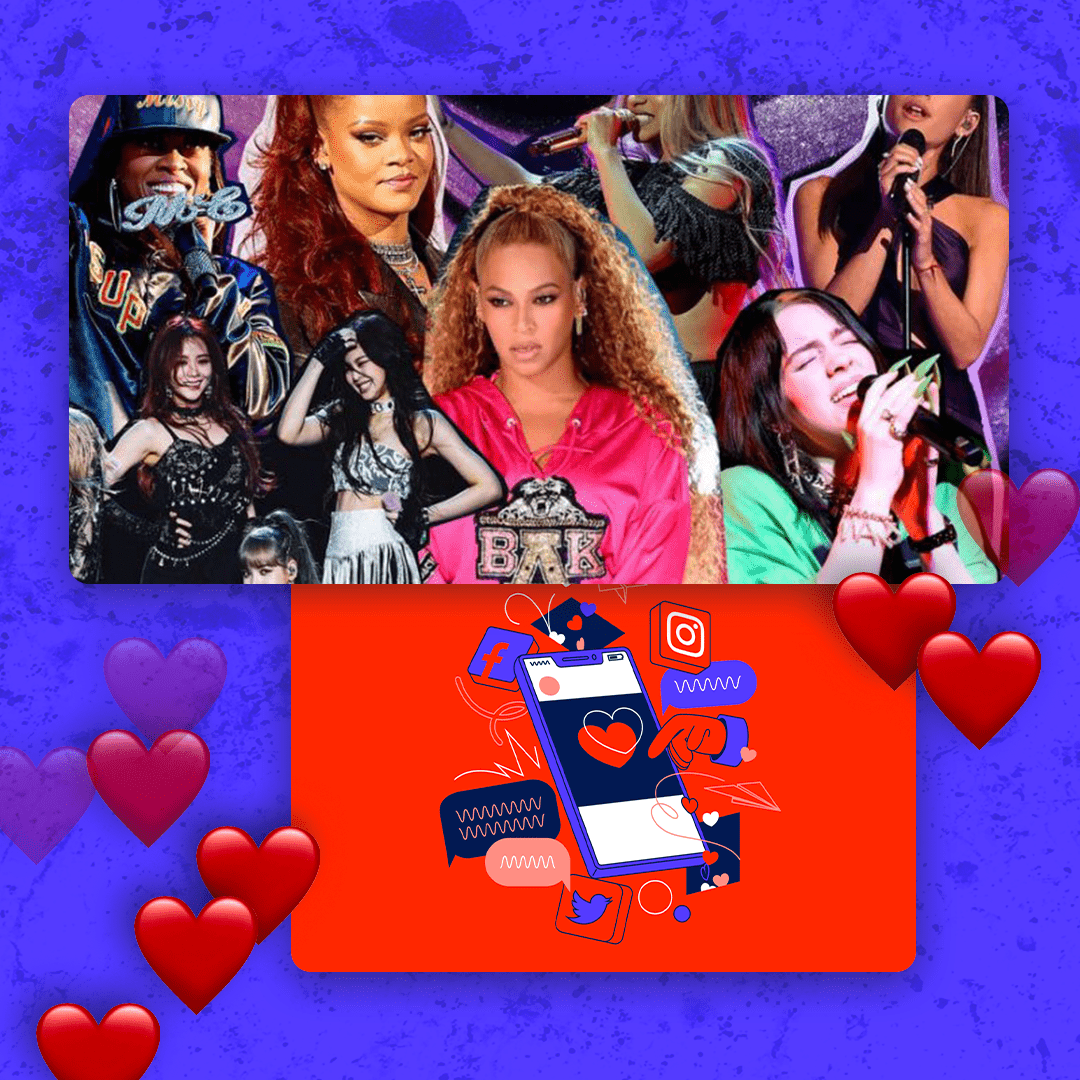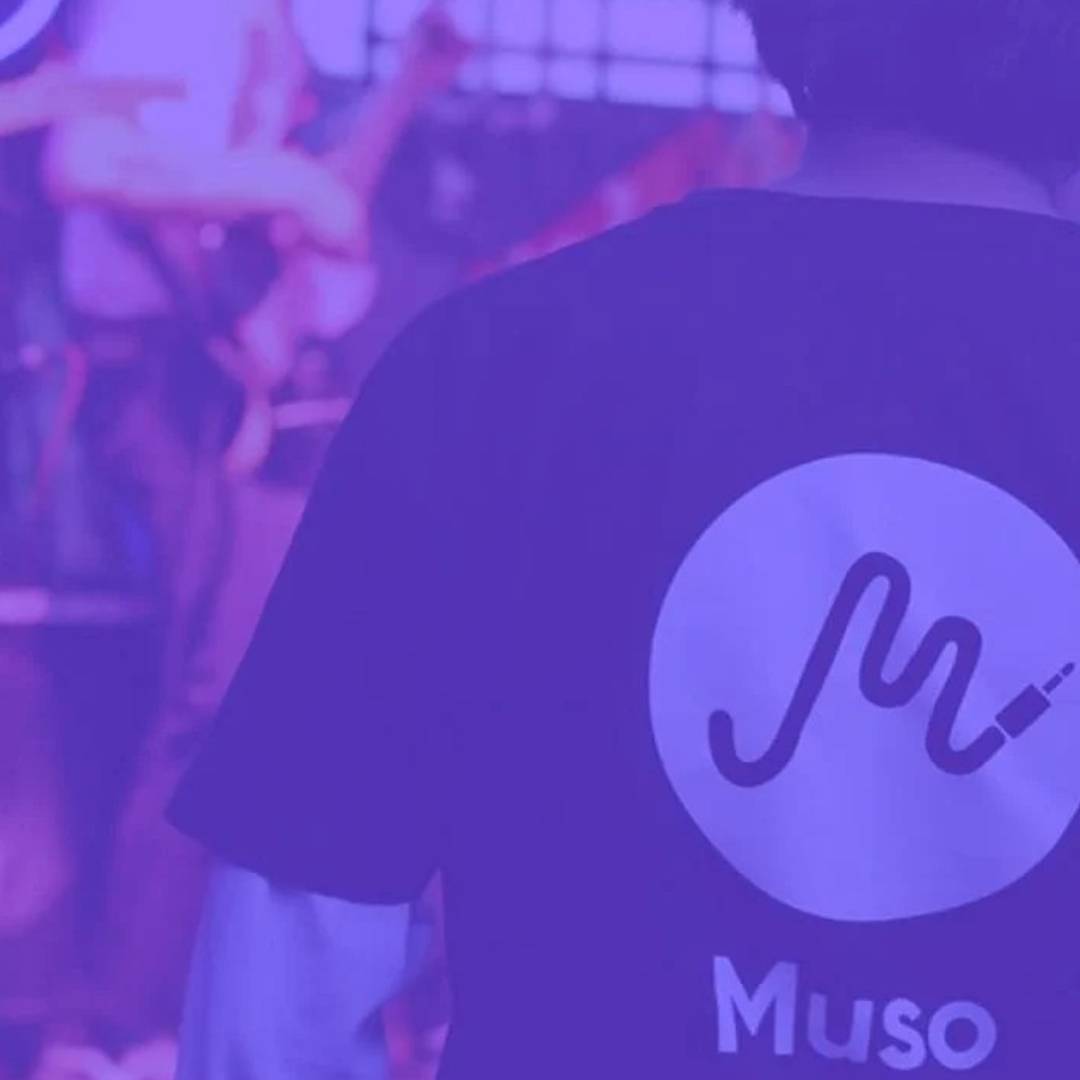For an independent musician, marketing strategy is one of the most crucial components in the process of making your music career successful. But a PR campaign is an element that is critical in helping you increase your online influence, reach new fans, strengthen bonds with your existing fanbase and it also helps you to better understand the marketplace position.
There is no doubt that a well-planned PR campaign can help you achieve these goals but there are so many artists that are jumping to the PR campaign a bit too early which is a grave mistake.
In this article, MusicPromoToday will share with you 5 important points for your music PR to be truly successful.
1. Social Media & Daily Posting
Too many musicians underestimate the power of social media and the importance of their social media presence. But this is directly related to the success of a music PR campaign. Music bloggers check your social media accounts and they expect mutual promotion which is why it is very important to have a well-organized social media presence.
Everything in this world is mutual. Especially when it comes to music bloggers. There are so many musicians and music publicists who are showering music bloggers with their messages and bloggers need to filter them to decide who to cover.
By saying social media presence, we mean that you, as a musician, need to be constantly posting content. Your content should reflect who you are and what you do and it will be just great if you are also engaging with your fans through your content.
So bloggers just want to know that covering your music will bring them followings in return. Bloggers are interested in driving traffic to their sites so they take into account only the musicians who are engaging with their fans on their social media accounts, expecting you to support and share the feature with your fans, which will eventually bring followings to their accounts.
For PR to be truly effective, you need to develop a consistent content strategy and PR campaign, so that they cover all the rooms of your social media house. The number of your room may vary from 3 (YouTube, Facebook, Instagram) to how many you desire, just make sure you are taking care of your content’s consistency. Engage your fans without having to say ‘listen to my music’.
2. Release Music Consistently
The perfect setting would have been here if you have at least a few singles or an upcoming EP (containing at least 4 songs). Besides that, you have to make sure that you are going to release it around 1 or 2 months from the start date of your music campaign. Another fact that you have to keep in mind while thinking of your music PR is that blog readers are actively followed 24/7 so you can’t just space singles and EPs light-years apart from each other.
3. A Signature Story
A signature story = bio is another critical step in your music PR strategy. It is not something you should overlook in case you are a far-famed artist like Rihanna who has no bio at all.
Your signature story must be a professionally written bio that weaves a compelling story about who you are and what makes you unique. Very often, an artist’s bio is the seducing power which makes people press the play button. A professional bio can run you a few hundred dollars but it will pay off.
4. Promo Photos And Cover Art
And the winning step is the visual part of your PR – promo photos and cover arts. Those are very important and need to be of good quality so that they are captivating and interest-arousing. You can’t just get away from needing great photos. Lately, many media makers have set some quality standards, which is why uploading poor photos of you or your band can be a deal-breaker.
5. A Serious Approach To The Genre
It’s very important to take into account the publications you want to find your place in.
We strongly advise you to read them and get the idea of how they describe random artists and their music. If they label everyone as a singer-songwriter and you like the way they describe others, then you are good to go, but if they are showing a different approach which is not something you would like to try on yourself, then you have to be aware of that.
Music genres and subgenres are not limited to just rock, pop, country, jazz, EDM, etc. It is a normal practice to reference and compare yourself to other artists to give context. Besides that, it simplifies the music blogger’s work when it comes to covering your music.
Stay tuned to MusicPromoToday for more informative content like this.



